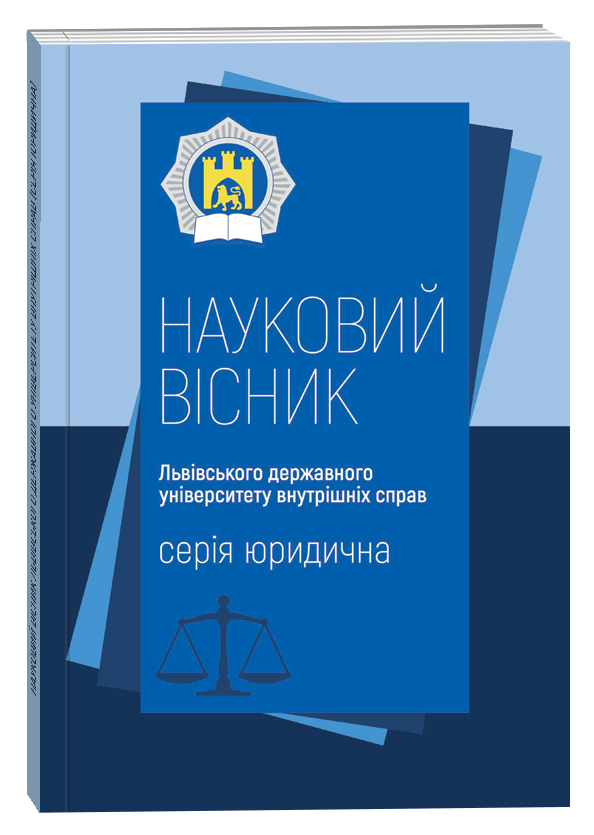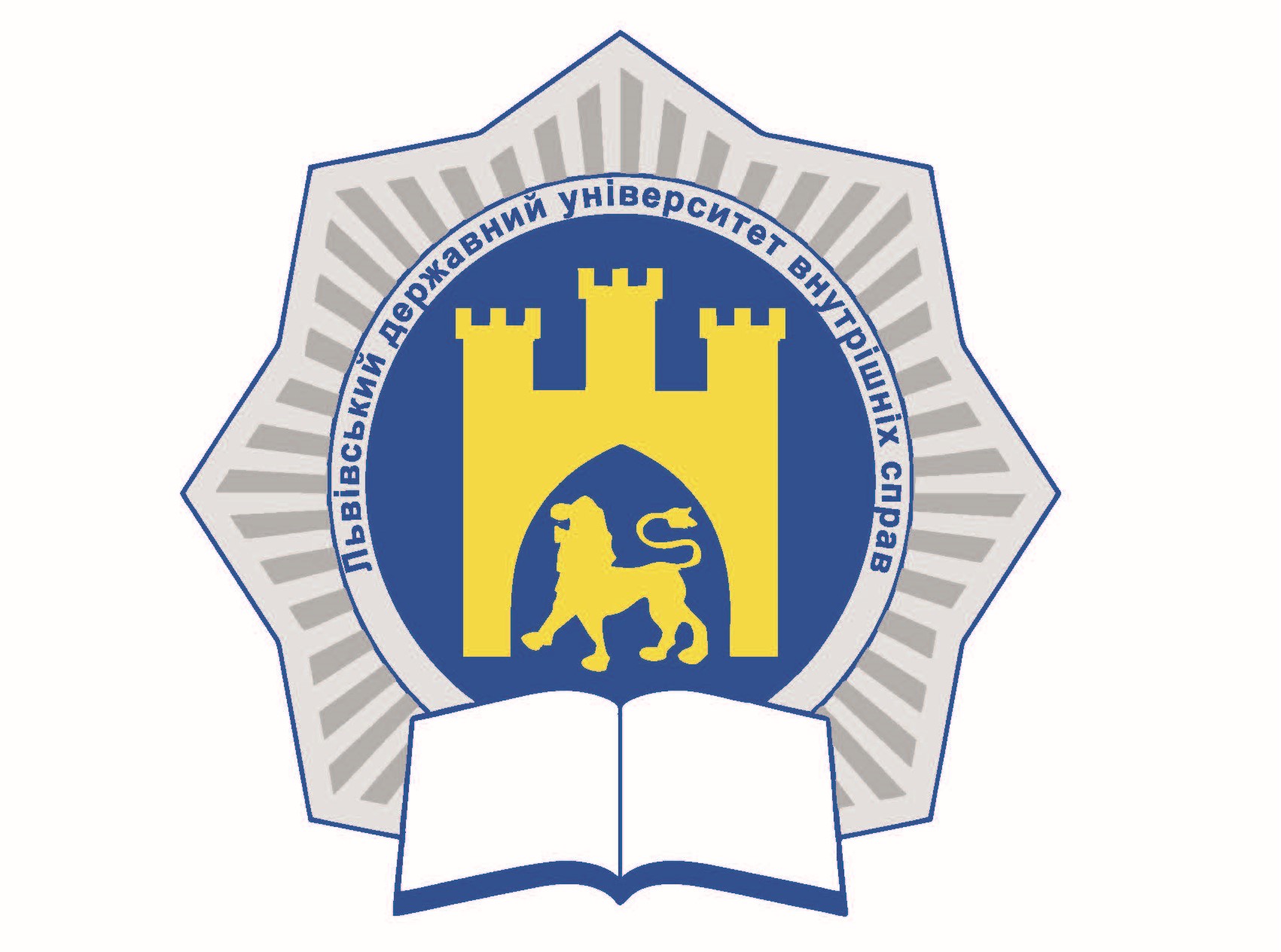FREEDOM AND RESPONSIBILITY AS PHILOSOPHICAL AND LEGAL VALUES
DOI:
https://doi.org/10.32782/2311-8040/2023-1-11Keywords:
positive freedom, negative freedom, legal freedom, right, responsibilityAbstract
The article clarifies the significance of the relationship between freedom and responsibility as philosophical and legal values and categories of law. The evolution of the views of thinkers of different eras regarding the ratio of freedom and responsibility at the key stages of the formation of humanity is revealed. It was established that representatives of philosophical and legal thought during the development of human society touched on the philosophical, moral, psychological, legal and sociological aspects of the problem of the ratio of freedom and responsibility. It is argued that ancient law nevertheless demonstrated a limited but concrete and real awareness of freedom, while modern law defines freedom as a universal value. Classical European philosophy reveals two understandings of freedom: freedom as a known necessity, as a basis for human possibilities; freedom as the living breath (pulsations) of human self-development in history The transcendental horizons of freedom leads us to the conclusion that freedom is a kind of integration of all its undeveloped forms and modifications and at the same time a condition of the integrity to which modern man strives. The emergence and practical application of legal law is the foundation of the order that exists in a particular community, since no one can change the laws at will with impunity. It was established that I. Kant first divided human freedom into: positive – freedom of good and negative – freedom of arbitrariness. Positive freedom is made possible by acting according to one’s own system of values and one’s own goals. Negative freedom is immoral, dangerous for man and society. The concept of “degree of freedom”, “degree of freedom” is considered. It has been established that in jurisprudence the “degree of freedom” is called the generation of rights. Four generations of rights are described, which are key to the life of any person. It was found that, being a measure of human existence, freedom develops in the following forms: political, economic, ideological and legal. The problem of freedom is necessarily related to the problem of responsibility, and the person goes beyond the legal category and affects the political, spiritual, moral and cultural spheres, since it involves the communication of free individuals among themselves (responsibility for the communication process). The problem of an individual’s readiness to take responsibility for the development and future of the state and community, of which he is a representative, arises and at the same time is solved.
References
Берлін І. Дві концепції свободи. Чотири есе про свободу / пер. з англ. Київ : Основи, 1994. С. 177–232.
Грищук В.К. Філософсько-правове розуміння відповідальності людини : монографія. 2-ге вид. Хмельницький : ХУУП. 2013. 768 с.
Карась А.Ф. Свобода і відповідальність як проблема самоздійснення особи. Вісник Львівського університету. Серія «Філософські науки. 2016. Випуск 18. С. 13–27.
Смілик А.С. Гносеологічний вимір свободи та відповідальності як категорій права. Науковий вісник Ужгородського національного університету. Серія «Право». 2016. Випуск 37. Том 3. С. 138–142.
Шаповал В.М. Трансцендентальні горизонти свободи : монографія. Київ : ПАРАПАН, 2010. 312 с.









